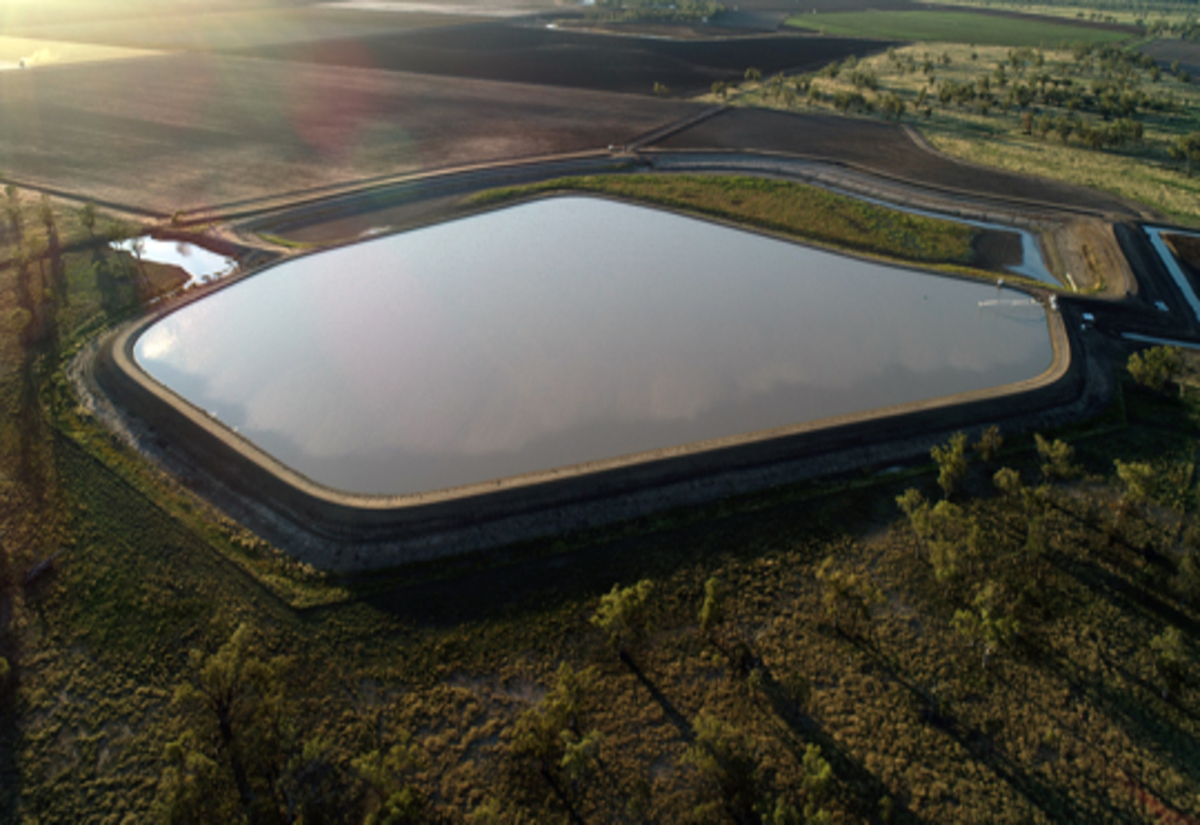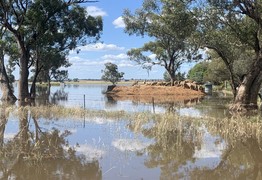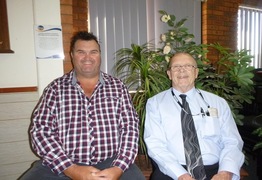The fate of floodplain harvesting regulation to be determined tomorrow
Laura Williams
13 December 2021, 7:38 PM
 The Select Committee Inquiry on floodplain harvesting has been in progress since June this year. (Image: Industry NSW)
The Select Committee Inquiry on floodplain harvesting has been in progress since June this year. (Image: Industry NSW)Irrigators and environmentalists are eagerly awaiting the recommendations to be handed down this Wednesday 15 December, from the Floodplain Harvesting Inquiry that could bring tighter regulation to the Murray Darling Basin.
During the inquiry, interest groups have made submissions of evidence, contributing to the ongoing debate of Basin and river health, and whether or not floodplain harvesting - which involves diverting cross-country flows of floodwater into the private storage of landholders - should be regulated.
Irrigator organisation Macquarie River Food & Fibre Executive Officer Michael Drum said that implementing regulations, such as introducing a cap of how much water landholders can harvest - is a necessary move.
“Any regulation would be a positive outcome. It’s totally unregulated across the state and people can take as much as they like. Having regulations would mean that there is a meter and that people would be held accountable if they take too much,” Mr Drum said.
“If you leave it unregulated, there’s a free for all and people can take whatever they want,” Mr Drum said.
The views offered by Mr Drum mirror those of both irrigator and environmental groups, who formed an unprecedented alliance in their briefing note to Premier Dominic Perrottet titled ‘Six Reasons to Stop Floodplain Harvesting’.
“When irrigators, environmental groups and researchers can agree on water policy, there’s no reason the government shouldn’t also,” read one extract from the report asking that the Premier, Minister for Environment, and Treasurer oversee the recommendations that are to be handed down this week.
Mr Drum said that while it is often irrigators who are perceived as refuting any regulation for greed purposes, he believes that most irrigators would be in favour of some form of regulation.
“Regulation is a very good thing. It provides certainty on a very contentious water intake, and it provides certainty to the environment because it puts a limit cap on the amount of water taken off the floodplain. It’s necessary, it has to happen,” Mr Drum said.
Still, following what he believes to be misinformation presented throughout the inquiry, Mr Drum is concerned that the recommendations might not be a true reflection of the issue.
“There have been some false statistics to try and prove an argument, and they have been quite out there. At the end of the day, I’m hoping that when the report comes out that it’s sensible and isn’t skewed one way or another, but based on good solid facts that can be scientifically proven,” he said.
Evidence submitted by the NSW Irrigators Council agreed, stating that ‘even though this means farmers will access less water than historically, it will regulate the final major source of water available to the industry consistently in NSW’.
Healthy Rivers Dubbo Secretary Peter Duggan said that the findings should bring more attention to the number of floodplain harvesting licences being issued.
“The issuing of a large volume of brand new water access entitlements is a very significant event, especially given that the Australian taxpayers have spent $13 billion buying back water entitlements from industry so more water can be left in struggling rivers,” Mr Duggan said.
According to Mr Duggan, the mutual agreement between interest groups extends to those licences.
“Irrigators in the NSW Murray and environmental groups are in fierce agreement - floodplain harvesting must not be licenced at historic levels of take, it must be drastically reduced,” Mr Duggan said.
While the inquiry is due to offer its recommendations this week, it will be up to the Government to implement the policy. Reform to floodplain harvesting policy has already been blocked twice by the Upper House.
“This is the only form of water take in the Murray Darling Basin Plan to be regulated, It’s the only form left to be brought into line and be brought under cap. So it’s just an absolutely must do,” Mr Drum said.

